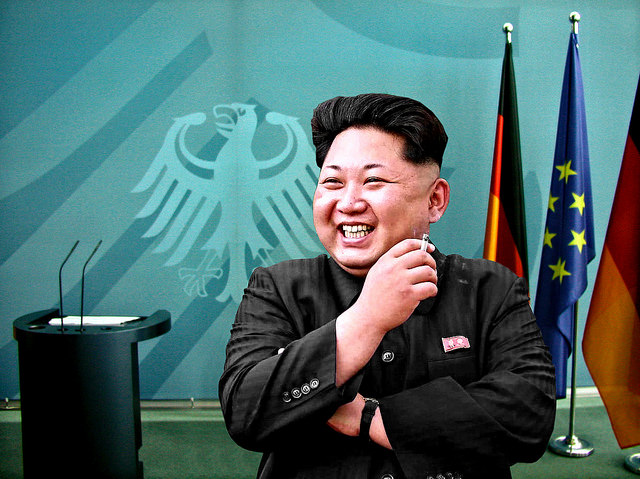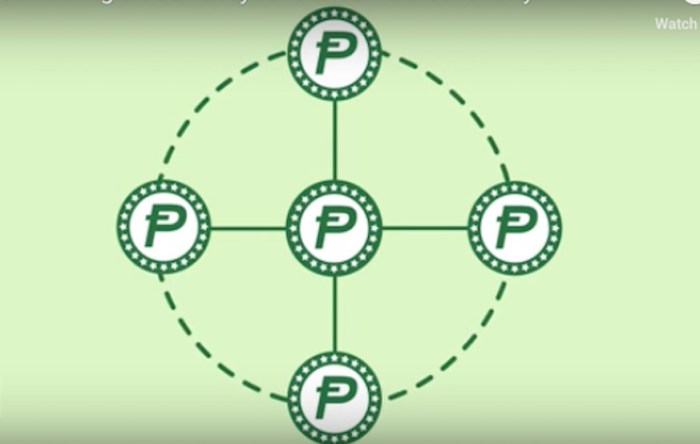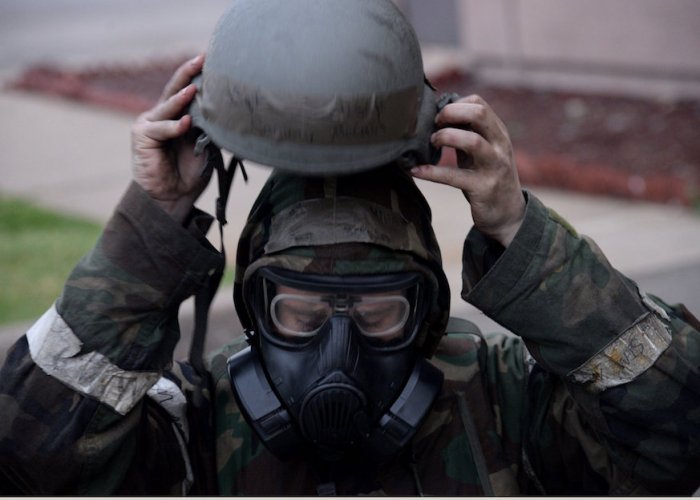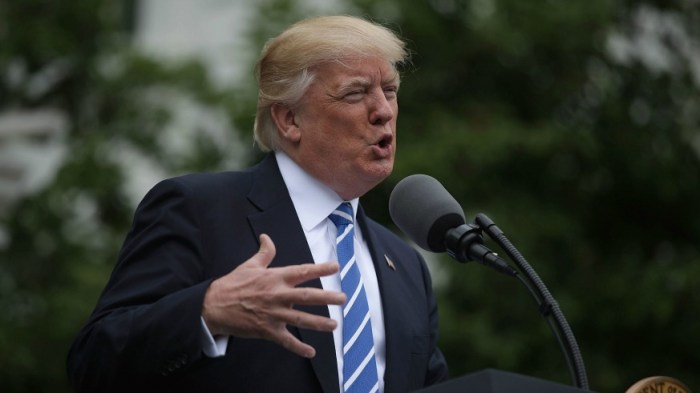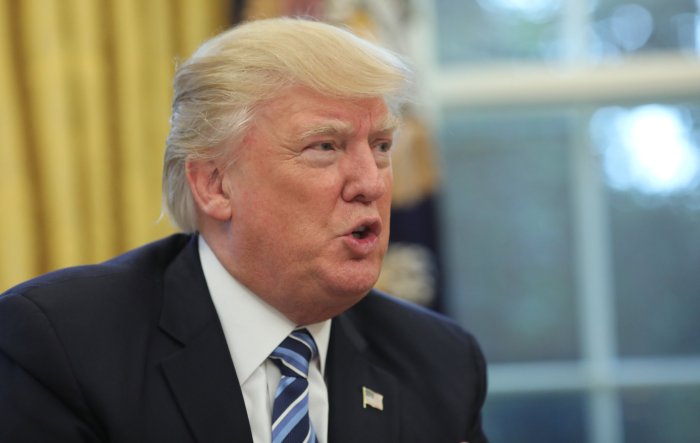Flashy cars, luxury ski vacations, state-of-the-art weaponry — North Korean leader Kim Jong Un is living a life of luxury, but for millions in his country, blackouts and a lack of adequate food are their way of life.
Despite international sanctions so tough they prompted Kim to warn his citizens to prepare for possible famine and severe economic hardship, it wasn’t the “dear leader” or North Korean officials you saw tightening their belts.
Kim’s recent purchases include an expansive luxury yacht with a price tag of $4 million to $6 million, $2 million on modified Mercedes-Benz S600 limousines and outfitting a $35 million ski resort.
In 2012, the North Korean regime spent a whopping $645.8 million on luxury goods, according to a 2014 U.N. report.
So where is all the money coming from?
North Korea has been accused of hacking banks, selling weapons, dealing drugs, counterfeiting cash and a whole host of other illicit activities to fund Kim’s personal piggy bank, according to a recent CNN report.
Experts say these operations raise hundreds of millions of dollars, though it’s nearly impossible to tell exactly how much.
A 2008 Congressional Research Service report figured North Korea’s illicit activities could bring in anywhere from $500 million to $1 billion in profits annually.
What doesn’t go toward yachts, ski clubs and cars goes, of course, to North Korea’s nuclear weapons pursuit, a project the regime has doggedly pursued despite pressure from the West to cease all nuclear missile testing.
A University of Missouri professor who has been studying North Korea’s illicit cash flow for more than a decade said the Trump administration will likely need to go after that money before Kim is interested in negotiating with the U.S., though Sheena Greitens warned it wouldn’t be a simple task.
“This is a regime that’s really good at finding new, creative illicit ways to earn hard currency, and sometimes that’s coming up with new activities and sometimes it’s a matter of shifting geographic locations of those activities,” said Greitens. “If you wanted to try to pressure and contain North Korea’s ability to earn from these illicit activities, you’d have to also close off its ability to adapt.”

